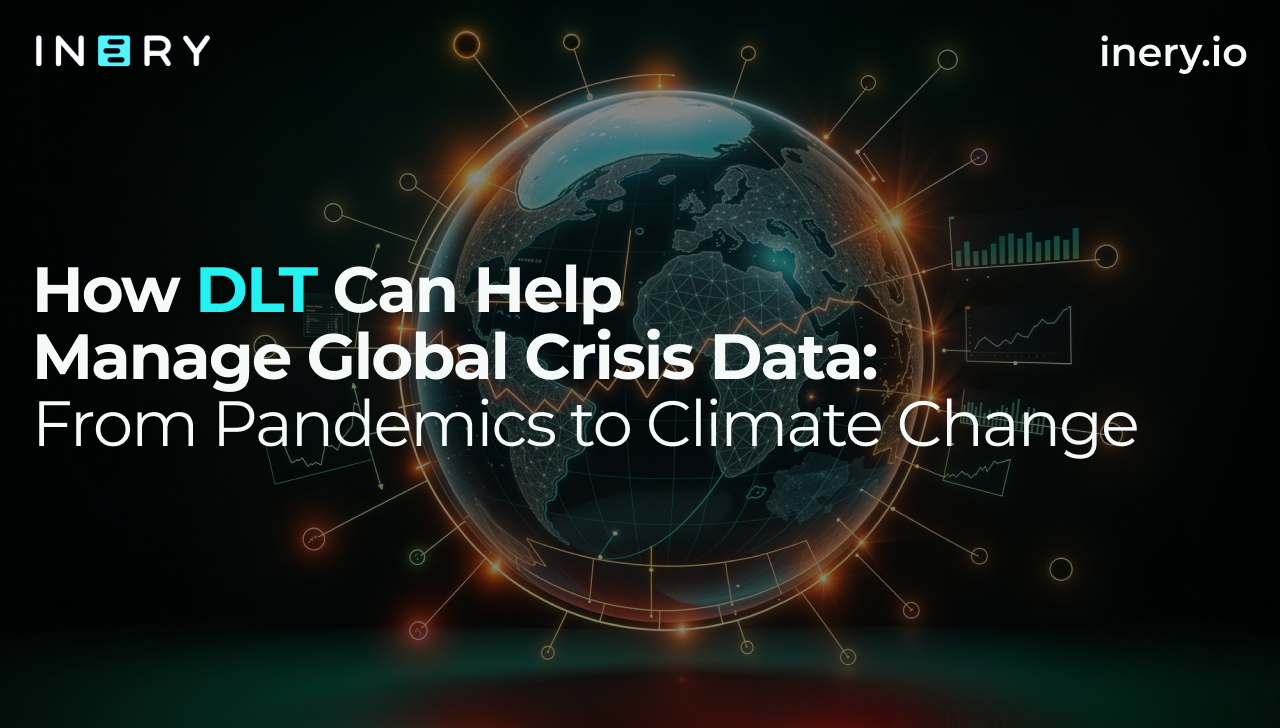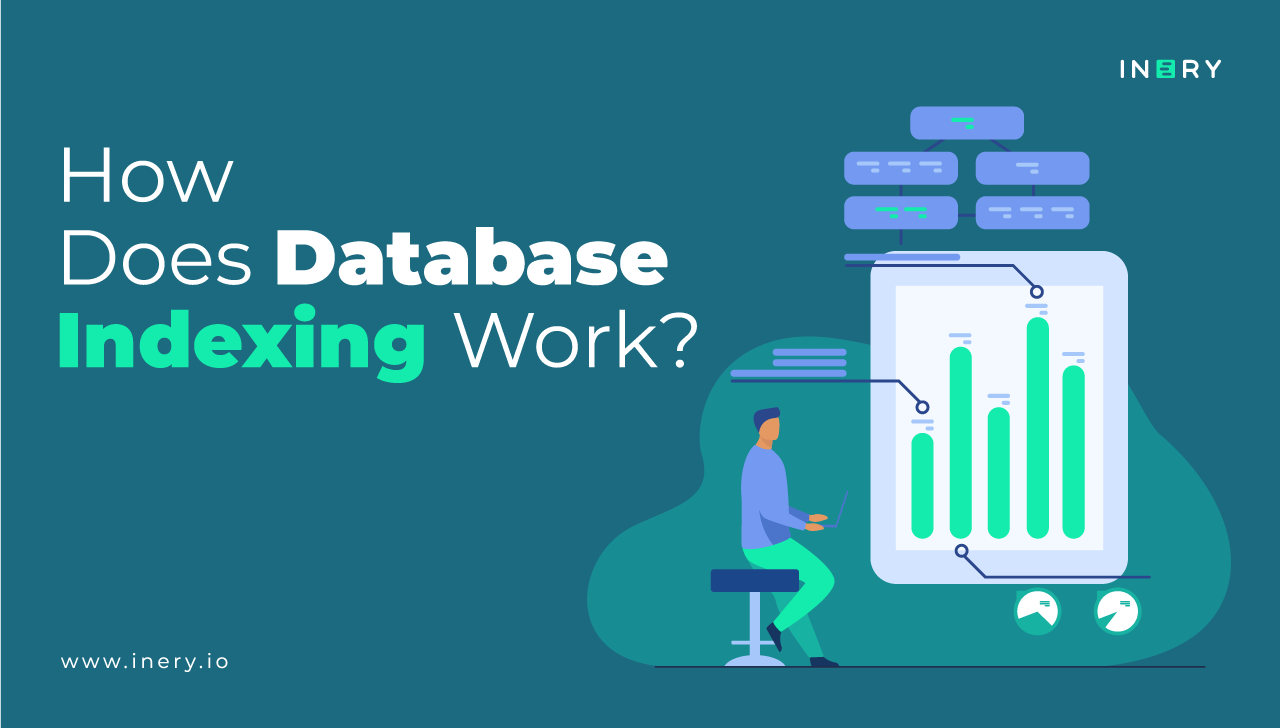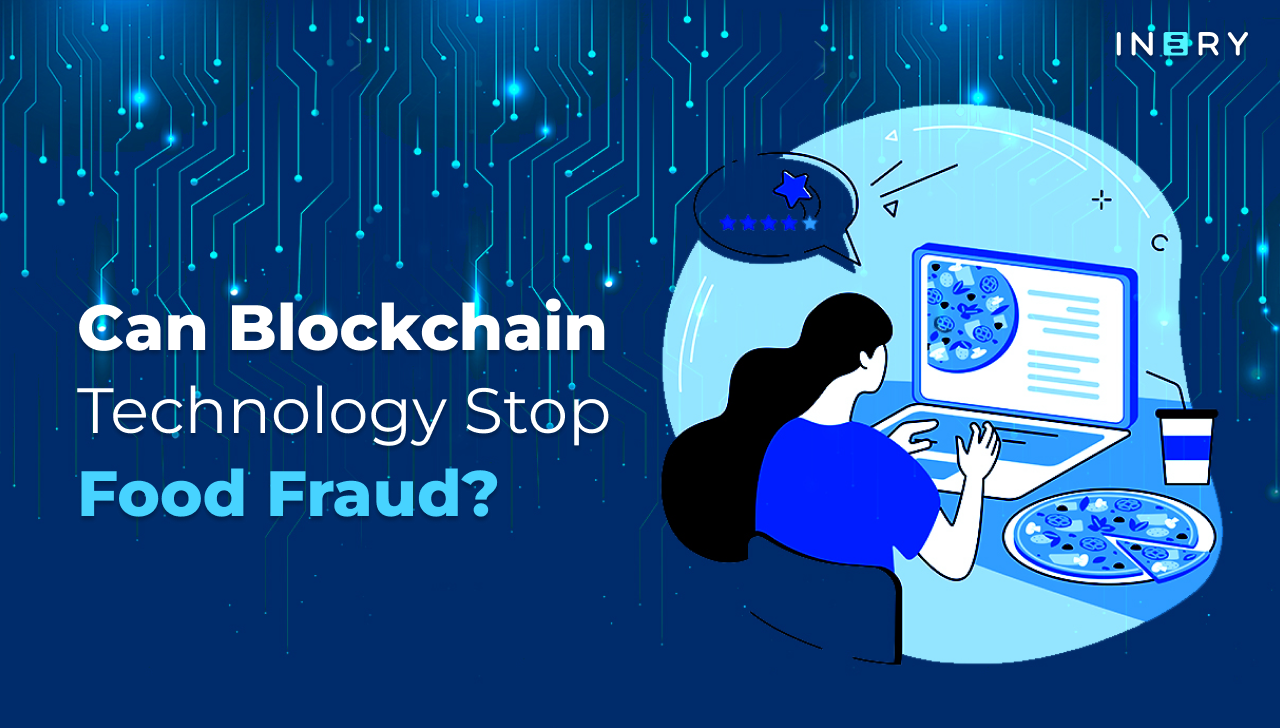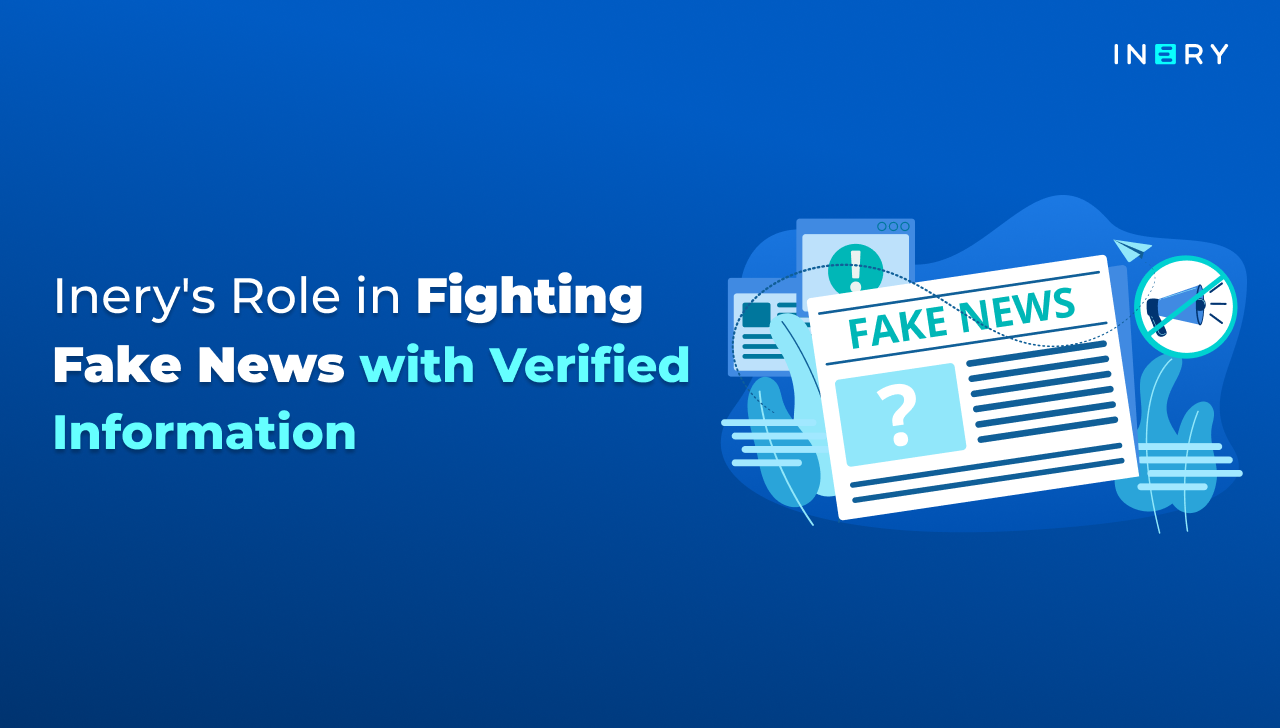In today's global marketplace, the integrity of the food supply chain is paramount. Unfortunately, food fraud—a multi-billion dollar criminal enterprise—has emerged as a significant challenge, undermining consumer trust and public health.
This deceit ranges from mislabeling products and substituting ingredients with inferior alternatives to outright poisoning.
The complexity and globalization of food supply chains, combined with a lack of transparency, have made the food sector increasingly vulnerable to such crimes, which now cost an estimated $50 billion globally each year.
Understanding Food Fraud
Food fraud encompasses serious fraud and criminal activities within food supply chains, as defined by the UK's Food Standards Agency. This crime is not just a means of generating illicit profits but also serves as a method for laundering money obtained from other criminal enterprises.
The food industry's vastness and profitability make it an attractive target for fraudsters, who exploit high-demand products through two main approaches: targeting everyday foods for mass consumption and tricking consumers into paying premium prices for inferior products.
The Role of Emerging Technology
In combating food fraud, technology plays a crucial role. Data analysis technology, utilized by 91% of organizations globally, uncovers hidden patterns in vast datasets, aiding in crime detection and prevention.
Machine learning, in particular, can flag risky locations, individuals, or businesses by analyzing data and adapting to new information. However, despite these advancements, challenges in detecting and preventing food fraud persist due to the complexity of the crimes.
The Promise of Blockchain
Blockchain technology offers a groundbreaking solution to these challenges. Functioning as a secure and unalterable public ledger, blockchain provides transparency and traceability throughout the entire food supply chain—from producer to consumer. This technology not only enables consumers to verify the origin of their food but also protects against data corruption, making it a potent tool against food fraud.
Inery, a pioneer in decentralized database management, harnesses blockchain technology to address these very challenges. By integrating Inery's blockchain solutions into the food supply chain, stakeholders can achieve unprecedented levels of transparency and security, empowering consumers to make informed decisions and ensuring the integrity of food products.
Inery: A Solution to Food Fraud
Inery's blockchain technology stands as a beacon of hope in the fight against food fraud. Its decentralized nature ensures that data across the food supply chain is immutable and transparent, allowing for real-time tracking of products from farm to table. This not only facilitates the detection of fraudulent activities but also enhances regulatory compliance, reduces the risk of contamination, and bolsters consumer confidence.
Moreover, Inery's solution addresses the challenges of implementing blockchain technology across the global food supply chain, such as the lack of international standards and the handling of massive data volumes. By offering a scalable, efficient, and cost-effective platform, Inery makes blockchain technology accessible to all stakeholders in the food industry, including small producers.
Conclusion
Tackling food fraud requires a collaborative effort among law enforcement, industry professionals, organizations, and academics, underpinned by ethical oversight.
While new technology like blockchain presents a promising solution, overcoming the hurdles of global implementation demands cooperation and commitment from all parties involved. Inery's approach emphasizes the importance of partnership and innovation in creating a transparent, secure, and fraud-free food supply chain.
Food fraud is a complex, global issue that affects every stakeholder in the food industry. However, through the strategic application of blockchain technology, spearheaded by innovators like Inery, there is a viable path forward. By fostering collaboration and leveraging cutting-edge technology, we can safeguard the integrity of our food supply, protect public health, and restore trust in the global food system.

Inery•
6 months ago
How DLT Can Help Manage Global Crisis Data: From Pandemics to Climate Change
From floods to outbreaks, data can save lives. Learn how DLT helps governments and agencies handle high-stakes scenarios with more clarity and trust. ...READ MORE

Share

Inery•
3 years ago
Developing Web3 - Why Manpower Is At The Top Of The List Of Priorities
With the interest and value of Web3 expanding, talented blockchain developers are in great demand. However, Web3 recruiters and companies are met with a unique set of challenges. ...READ MORE

Share

Inery•
2 years ago
How Does Database Indexing Work?
Learn to set up a database index and optimize your queries. Click here to read our go-to guide to indexing databases. ...READ MORE

Share

Inery•
2 years ago
Does True Privacy Exist In Web2 And Web3?
Data privacy remains a hot-button issue. Web2 and Web3 offer solutions, but can they ensure true privacy? Read our perspective here. ...READ MORE

Share
Most popular today


-1700735858.png)
